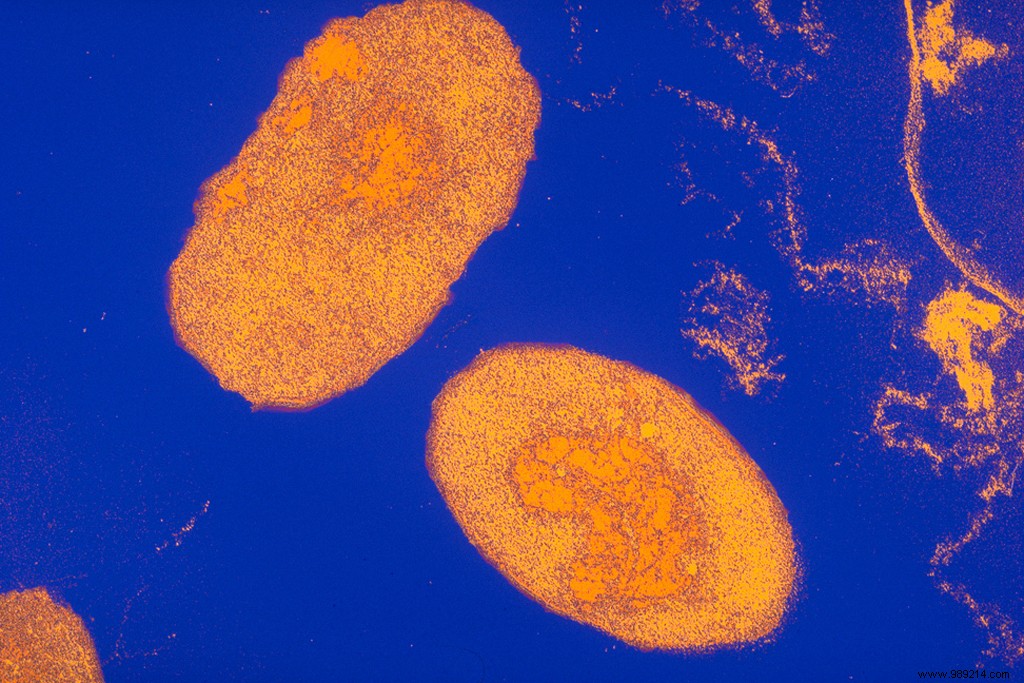New research suggests that the bacteria responsible for whooping cough is evolving to be more resistant. We might even need a new vaccine.
Pertussis is a respiratory infection caused by the bacterium Bordetella pertussis . Although the number of cases has fallen sharply thanks to the widespread vaccination of young children, the disease is still very present. The number of annual cases is now estimated at more than 40 million worldwide, and 300,000 the number of children who die from it.
Some countries are even recording a resurgence of the disease. This is particularly the case of Australia which, between 2008 and 2012, suffered a major epidemic (140,000 cases recorded).
How to explain this return of the disease? A study published in the journal Vaccine by researchers at the University of New South Wales gives us a clue. Some strains isolated during this Australian epidemic had indeed evolved to become more devious.
During their analyses, microbiologists explain that they have identifiedtwo major developments .
On the one hand some bacteria seem to produce less immunogenic proteins . They are the ones that normally alert the immune system to the presence of the pathogen and trigger a defensive response. On the other hand, some strains have also evolved more nutrient-binding and transport proteins, which enhance the bacteria's ability to "feed" on their host .
The most disturbing thing is that these two developments allowed the bacteria to survive even if the people concerned had been vaccinated .
“Put simply, the bacteria that cause whooping cough are getting better and better at hiding and feeding. They turn into superbugs “Summarizes Laurence Luu, lead author of the study.

Researchers remind that current vaccines must obviously always be applied. In general, they remain very effective . On the other hand, in view of these latest results, they argue that a new vaccine will probably have to be developed during the next decade.
Remember that in France, vaccination of children against whooping cough is compulsory from the age of two months since January 1, 2018.
It consists of two injections at 8 weeks and 16 weeks, followed by a booster at 11 months with an acellular pertussis vaccine combined with tetanus, diphtheria, poliomyelitis, Haemophilus b and hepatitis B. Boosters are then recommended at the age of 6 years, 11-13 years and 25 years.
Related articles: